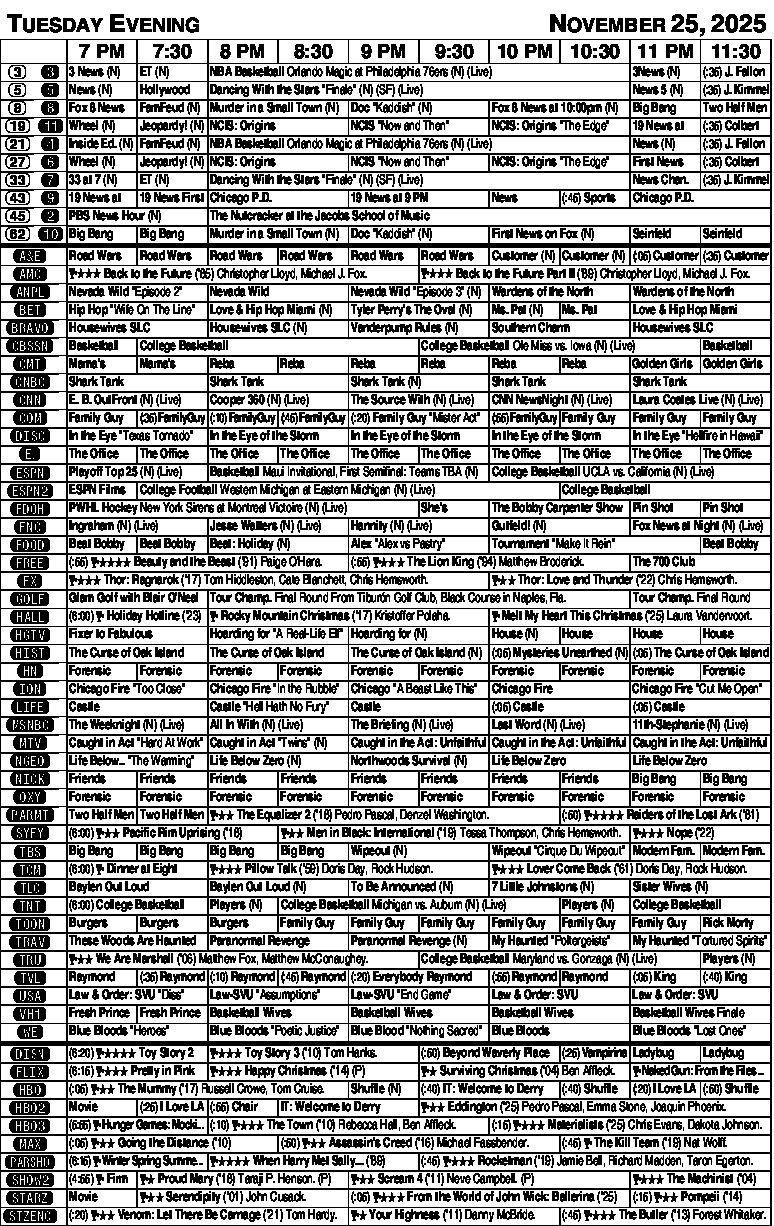To Your Good Health: Get exam after big changes in body
DEAR DR. ROACH: I’m an 80-year-old male who has spent most of my life at 6 feet, 2 inches tall and 185 pounds. At about age 70, my body started to compress to the point that I now get measured at 5 feet, 11 inches and sometimes a tad less. I currently weigh 212 pounds, which makes me overweight. Is my former height a nonfactor here? As a chart will tell you, being taller allows a person to have a higher weight. I’m trying to state my case that I’m not as overweight as the chart says.
• Anon.
ANSWER: The body mass index (BMI, which the chart was probably derived from) is a tool used to estimate body shape. Unfortunately it has also been used to estimate health, but it is a flawed measurement since it does not consider many important facts, such as a person’s amount of muscle, their amount and distribution of body fat, and many others.
For most of your life, you had a BMI of 23.8, which is in the “normal” or “healthy” range on most charts. You are now at a BMI of 29.6, which puts you at the high end of the “overweight” category.
Both men and women lose height with aging, much of which is the loss of fluid and height of the intervertebral discs (the spacers and “shock absorbers” between the vertebral bones that make up the spine). Of course, this has no bearing on your overall health, so the artifact of your BMI increasing with a loss of height due to the normal aging process is meaningless. However, there are two points I’d like to make:
The first is that 3 inches is more than is expected in height loss due to changes in cartilage and intervertebral disks. This is at the level where I would be concerned about osteoporosis causing a loss of height of the vertebral bodies themselves due to bone weakness and subsequent compression.
We can also lose height with kyphosis, which is the bent-forward appearance of the spine that can also accompany osteoporosis. Eighty-year-old men can develop osteoporosis, so I would consider checking your bone density.
The second is that even though I don’t put too much stock in the BMI measurement, you have gained almost 30 pounds compared to your weight during most of your life. The healthiest people tend to keep the same weight for their whole adult lives. While it’s possible that you have gained a lot of muscle, it’s more likely that you’ve gained fat.
Measuring your waist size can be a good way of determining whether you have gained abdominal fat, which is associated with a higher risk of heart disease.



